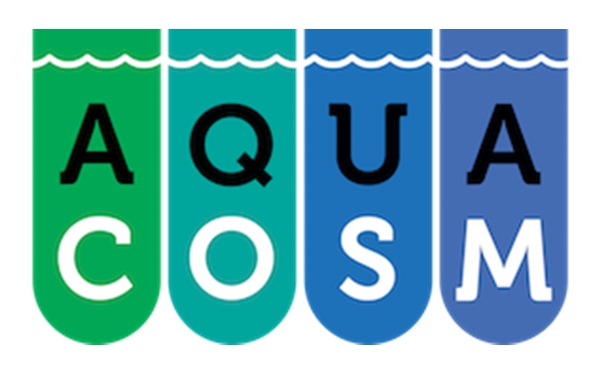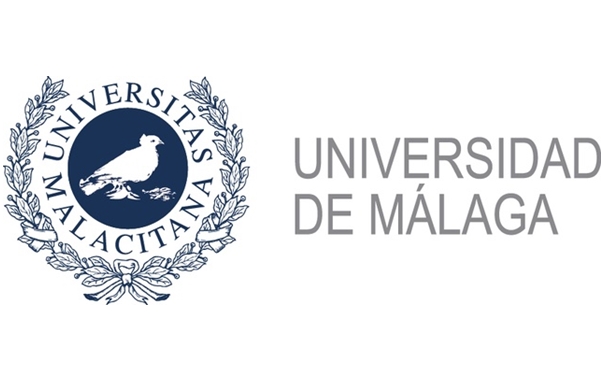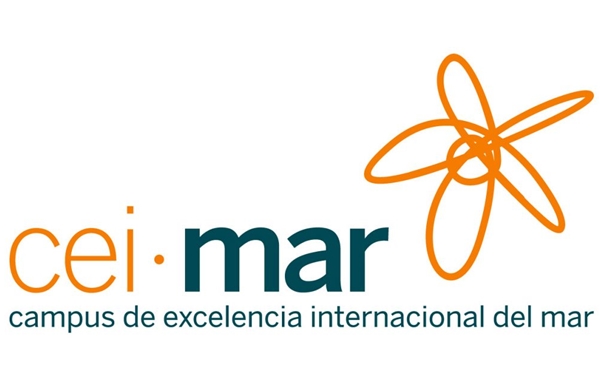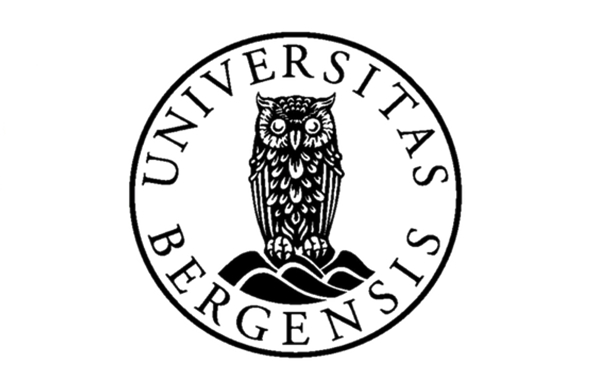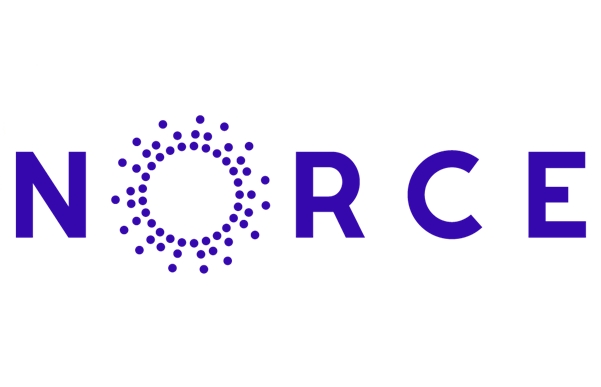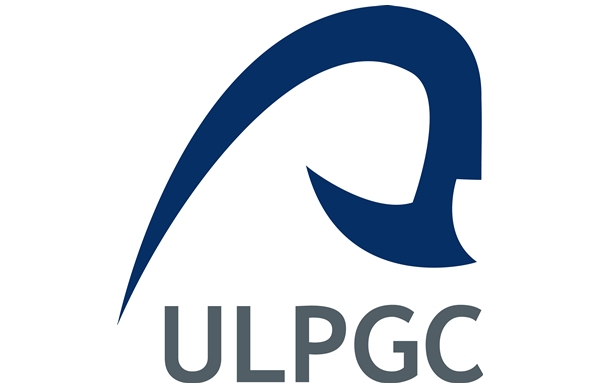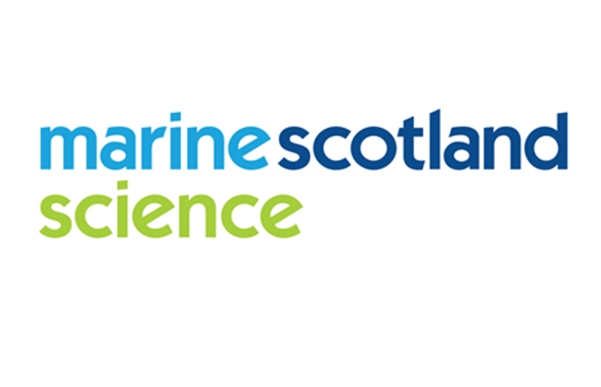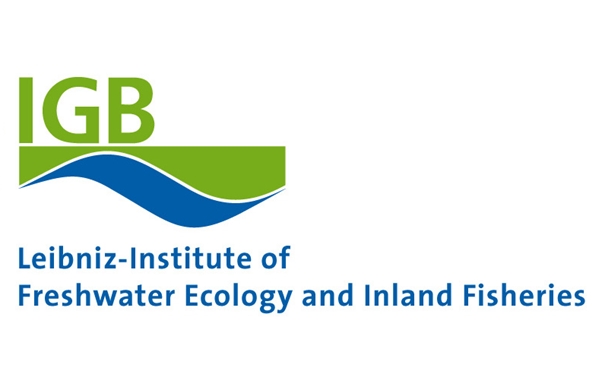
Scientific Team
Coccosphere Environmental Analysis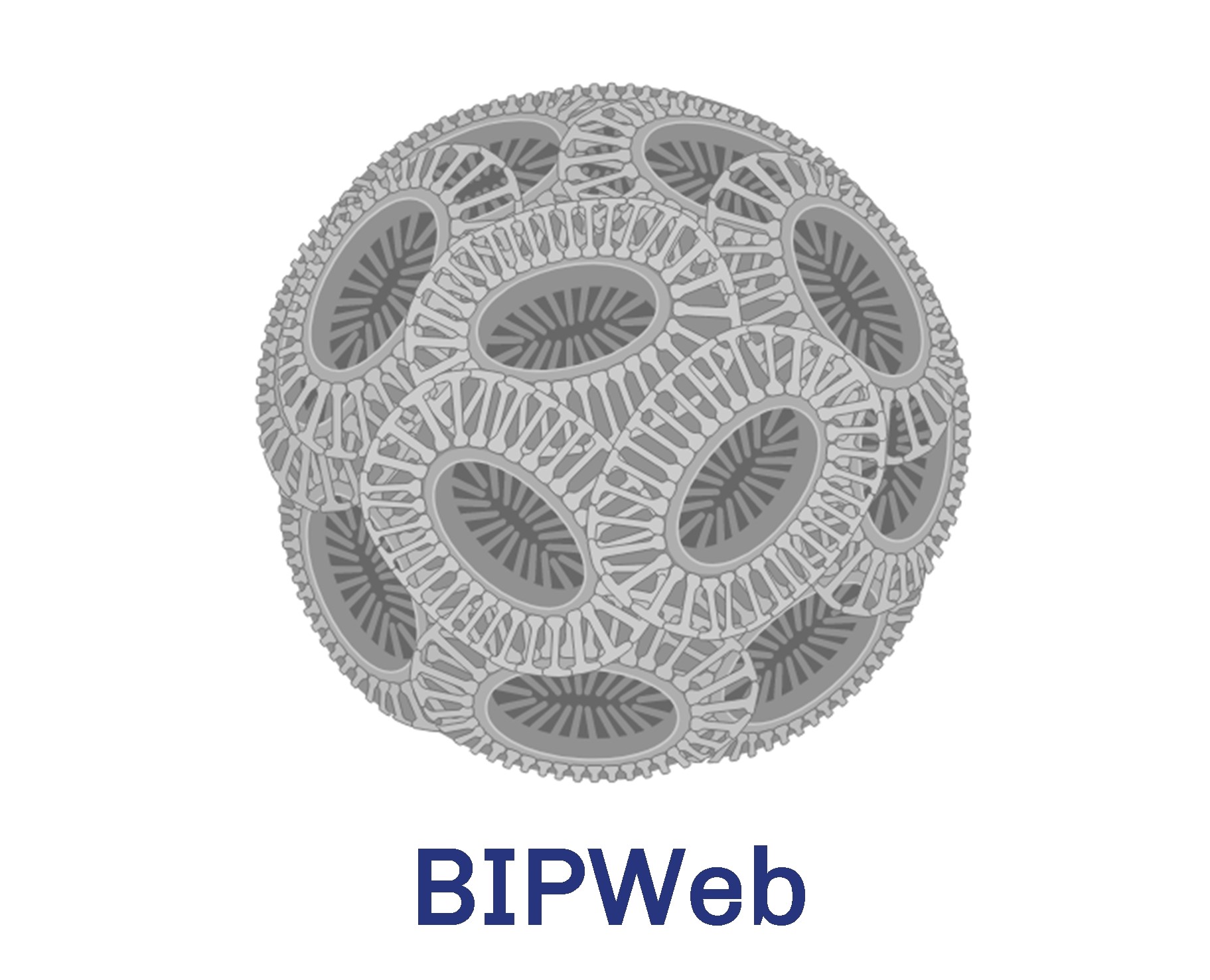
Scientific Team
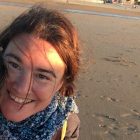
María Segovia
Team Leader
Department of Ecology
University of Málaga, ES
PhD in Biology. Lecturer in Ecology at the University of Málaga, Spain. Field of expertise: Molecular physiology of phytoplankton related to environmental stress (UVR and CO2 interaction): cell viability , cell death, oxidative stress, DNA and photosynthesis damage and repair, consequences in diversity.

Jorun Egge
Department of Biological Sciencies (BIO)
University of Bergen, NO
Professor in Marine Microbiology at the University of Bergen, Norway. Field of expertise: phytoplankton ecology, particularly in mesoscale experimental systems. For more than 20 years she has co-ordinated and organised mesocosm experiments at the National Norwegian Mesocosm Center.
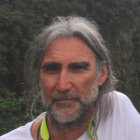
Carlos Jiménez
Department of Ecology
University of Málaga, ES
PhD in Biology. Professor of Ecology at the University of Málaga (Spain). Head of the Department of Ecology and Geology, University of Málaga. Research areas: Ecophysiology of polar macro and microalgae. Biochemistry and physiology of stress response mediated by MAP Kinases in macro and microalgae.

Aud Larsen
NORCE
Norwegian Research Center AS, NO
PhD in Biology. Research leader NORCE Norwegian Research Centre AS, adjunct professor at the University of Bergen. Field of expertise: Mechanisms controlling abundances, biodiversity and activities of microbes in order tounderstand the structure and function of marine microbial food webs. Main focus: Single celled eukaryotes (especially phytoplankton) and their interactions with grazers and virus; integrated field and experimental studies of the lower levels of the marine pelagic community.
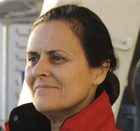
Magdalena Santana-Casiano
Department of Chemistry
University of Las Palmas de Gran Canaria, ES
PhD in Chemical Oceanography. Professor of Chemical Oceanography at the Universidad de Las Palmas de Gran Canaria, Spain. Fiel expertise: Biogeochemistry of iron in the ocean. Kinetics of redox process in seawater. Fe-Phytoplankton interaction. Organic matter effect on the iron chemistry. Ocean Acidification.
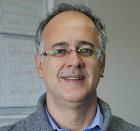
Melchor González-Dávila
Department of Chemistry
University of Las Palmas de Gran Canaria, ES
PhD in Chemistry. Professor of Marine Chemistry at the Universidad de Las Palmas de Gran Canaria, Spain. Field expertise: Atmosphere-Ocean CO2 exchange. Carbonate system in ocean time series and repeated sections. Kinetic of redox processes in seawater: Cu and Fe oxidation and speciation. Trace metal-phytoplankton interactions.
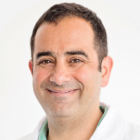
Sergio Cañete
Central Research Services (SCAI)
University of Málaga, ES
PhD in Chemistry. Head of Radioprotection Service at University of Malaga. More than 15 years experience with different isotopes, especially 14C, determinining primary production in macro and microalgae, as well as in environmental radioactivity assesments.

Tatiana Tsagaraki
Department of Biological Sciencies (BIO)
University of Bergen, NO
PhD in Marine Biology. Researcher at the Marine Microbiology Group, University of Bergen. Field of expertise: Marine microbial ecology with a focus on understanding the mechanisms that control microbial food web structure and function. Main focus: Predator- prey interactions and how these shape community dynamics and community elemental composition, what triggers changes in composition and what repercussions these changes have to food web functionality.

Pablo León
Phytoplankton Ecology Group
Marine Scotland Science, UK
PhD in Biology. Plankton Ecologist at Marine Scotland – Science (MSS). Research interests: Plankton taxonomy; Physical-chemical-biological coupling; Global environmental change on marine ecosystems; Biological impacts of ocean acidification.
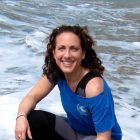
María López-Parages
Department of Ecology
University of Málaga, ES
PhD in Biology. Postdoctoral Researcher at the University of Málaga . Field of expertise: ecophysiology and molecular responses to different abiotic environmental stressors mediated by MAPK-like (mitogen-activated protein kinases) signalling. Genetic mechanisms underlying the stress response during acclimation and survival strategies in algae within the global change scenario.

Carolina Santana-González
Department of Chemistry
University of Las Palmas de Gran Canaria, ES
PhD in Oceanography and Global Change. Post-Doctoral researcher at the Universidad de Las Palmas de Gran Canaria. Field of expertise: physico-chemical processes of Fe in seawater.
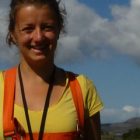
Bernadette Pree
Department of Biological Sciencies (BIO)
University of Bergen, NO
PhD in Biology. Post Doc at University of Bergen for the project MIXsTRUCT – Impact of mixotrophs on the structure of the marine pelagic food web (RCN MARINFORSK). The project aims to understand the role of mixotrophy for structuring marine pelagic food webs in order to obtain a more complete understanding of how microbial processes link to global scale elemental cycling. Research interests: understanding of ecological interactions such as predator- prey interactions, competition, trade-offs linked to those, and their implications on an ecosystem level.
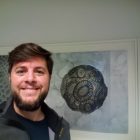
Víctor Vázquez
Department of Ecology
University of Málaga, ES
PhD Student in Molecular Ecophysiology of phytoplankton communities subjected to global change multistressors interactions. PhD specifically related to the effects of increased CO2, CDOM and Fe on the physiological response of the globally important coccolithophore Emiliania huxleyi.
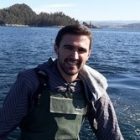
Manuel Macías-Andrade
Department of Ecology
University of Málaga, ES
MSc in Oceanography. Technician associated to the department of Ecology, University of Málaga, Spain. Scientific expertise: Sampling and physicochemical measurements in the field and analysis of samples in the laboratory: suspended solids, pigments, alkalinity, analysis of water nutrients, daily growth rates and biochemical charaterization in macro/microalgae.
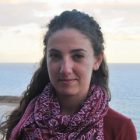
Verónica Arnone
Department of Chemistry
University of Las Palmas de Gran Canaria, ES

Librada Ramírez
Department of Ecology
University of Málaga, ES
MSc student at the Department of Ecology, University of Málaga, Spain. Research topic: the effects of pCO2 and intracellular pH regulation on the calcification rates of the coccolithophore Emiliania huxleyi.

Anna Grytaas
Department of Biological Sciencies (BIO)
University of Bergen, NO
MSc student in microbiology at the University of Bergen, Norway. Thesis is on mixotrophy in haptophytes and what ecological conditions drive this, both in the semi-natural environment of the mesocosm and for Prymnesium parvum in the lab.
Collaborators
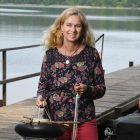
Stella Berger
Department of Experimental Limnology
Institute of Freshwater Ecology and Inland Fisheries, DE
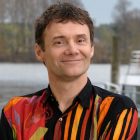
Jens Nejstgaard
Department of Experimental Limnology
Institute of Freshwater Ecology and Inland Fisheries, DE
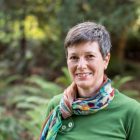
Maite Maldonado
Department of Earth, Ocean and Atmospheric Sciences
The University of British Columbia, CA

